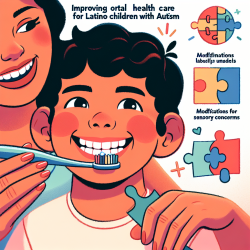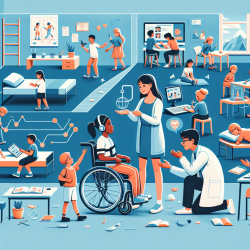Introduction
Smartphones have become an integral part of our daily lives, offering numerous benefits. However, excessive use can lead to problematic behaviors, particularly among adolescents. A recent study titled Gender Differences in Parental Impact on Problematic Smartphone Use among Korean Adolescents sheds light on how parental influence can mitigate these issues.
Understanding the Study
The study analyzed data from 5,177 Korean adolescents to explore the impact of parental factors on smartphone addiction. The findings reveal significant gender differences in smartphone use patterns and highlight the critical role of family environment and parental discipline.
Key Findings
- Both male and female adolescents are influenced by the frequency of daily mobile messenger usage and the presence of family members who overuse smartphones.
- Male adolescents are also affected by the frequency of overall smartphone use and parental regulation of content use.
- Family environment plays a crucial role, with adolescents more likely to develop problematic smartphone habits if family members exhibit similar behaviors.
Implications for Practitioners
Practitioners working with children and families can leverage these findings to guide parents in creating healthier smartphone habits. Here are some strategies:
- Model Appropriate Use: Parents should demonstrate balanced smartphone usage to set a positive example for their children.
- Establish Rules: Implementing clear guidelines on smartphone use can help adolescents develop self-discipline.
- Encourage Open Communication: A strong parent-child relationship, characterized by understanding and trust, can reduce the risk of addiction.
Encouraging Further Research
While this study provides valuable insights, further research is needed to explore the nuances of parent-child relationships and their impact on smartphone use. Practitioners are encouraged to delve deeper into this area to develop more targeted interventions.
Conclusion
By understanding the factors that contribute to smartphone addiction, parents and practitioners can work together to foster healthier habits in adolescents. Creating a supportive family environment and setting appropriate boundaries are key steps in preventing problematic smartphone use.
To read the original research paper, please follow this link: Gender Differences in Parental Impact on Problematic Smartphone Use among Korean Adolescents.










